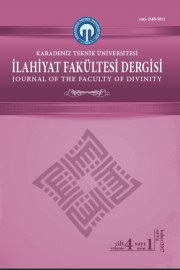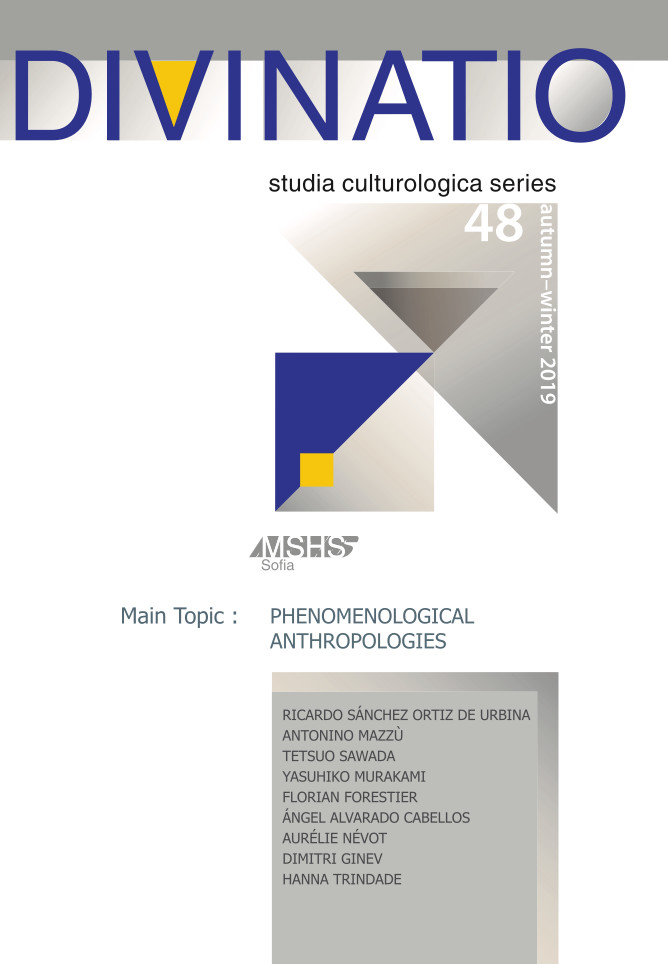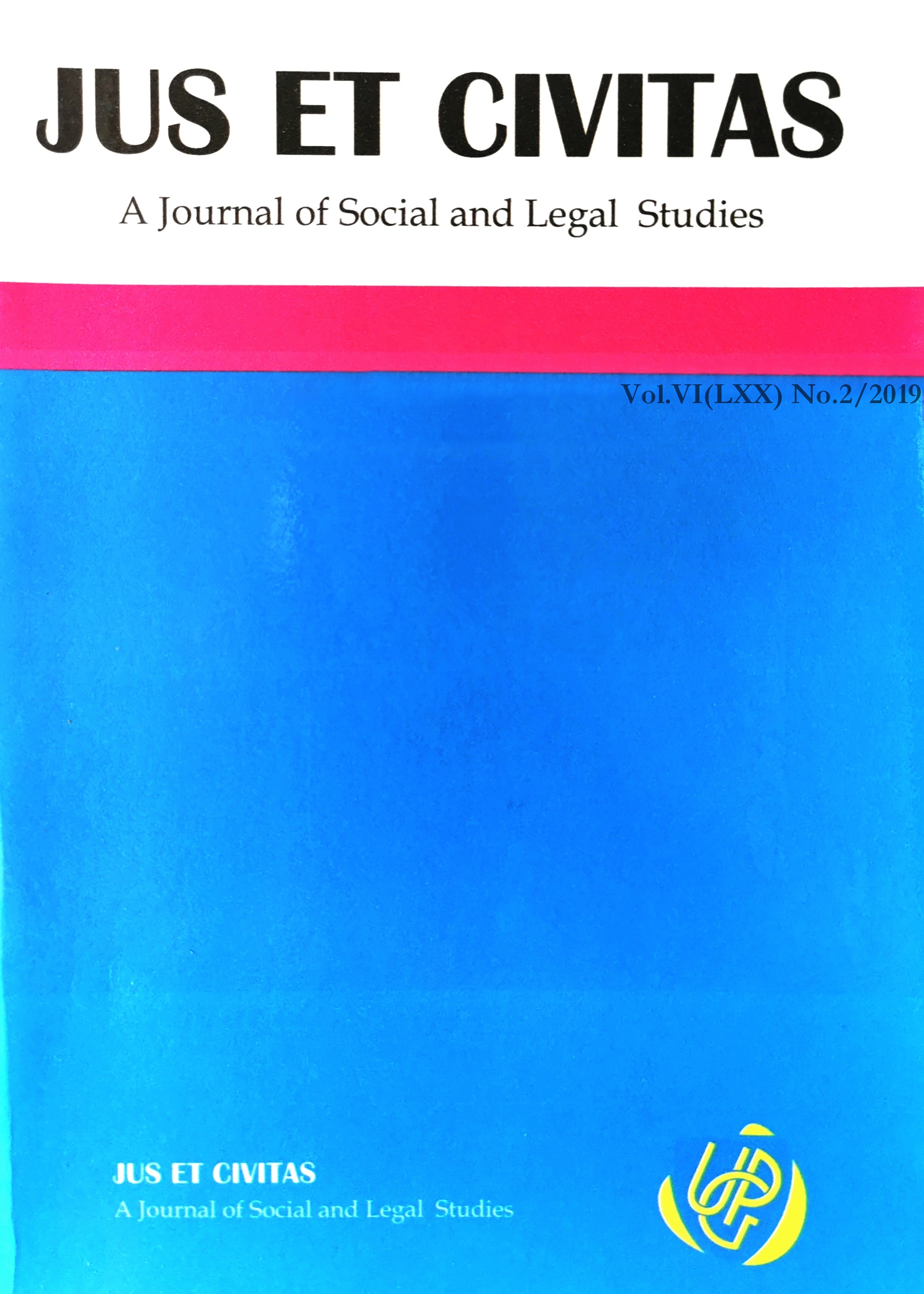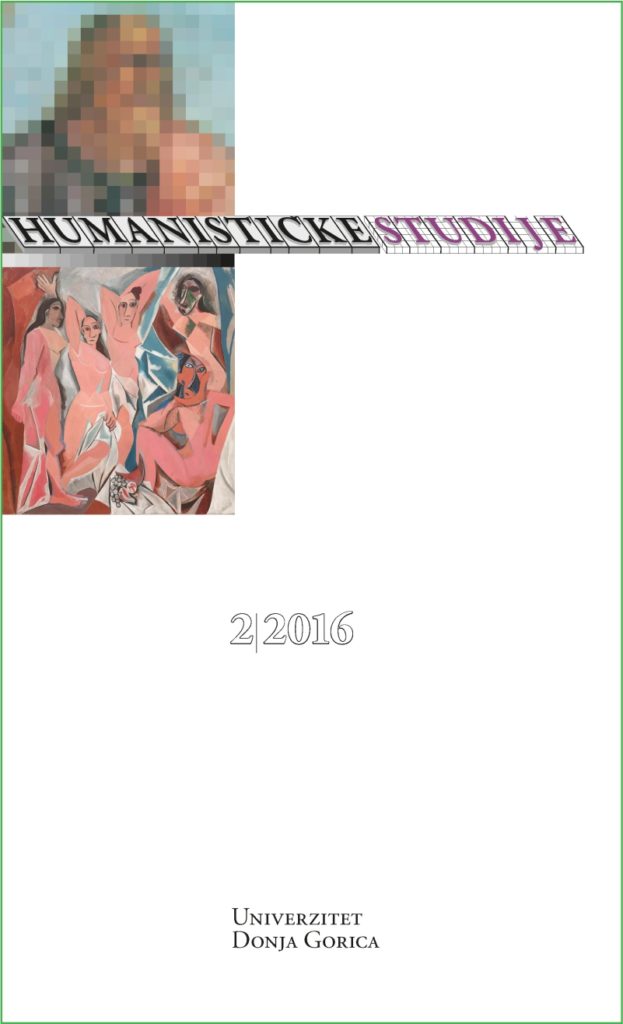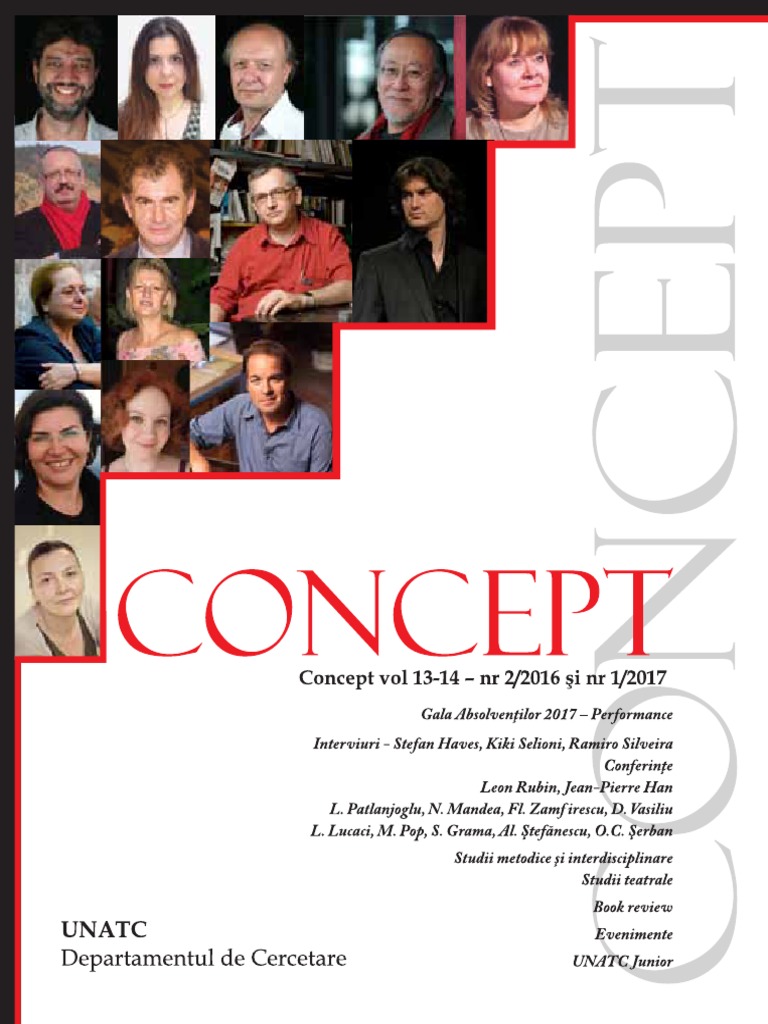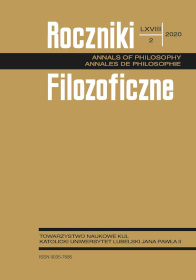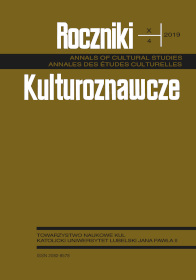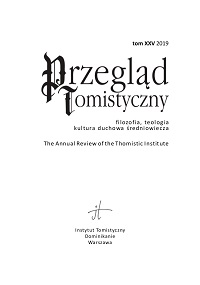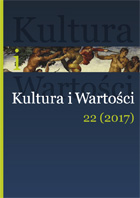
Ethologiczne źródła etyki. O filozoficznym ugruntowaniu moralności
The article is prompted by Edmund Husserl's attempt to renew the idea of European rationalism. Husserl attributed the failure of the idea to the digression of ratio from the sphere of everyday life, to the loss of its ethical origin. The author attempts to take in the meaning of this source relationship viewed as the basis for being-in-the-world and the existential consequences of the process initiated by Descartes of rendering the ratio barren, in a way, due to the gradual departure from its source meaning present in the Greek word λόγος (logos). Following Husserl , the author also presents the impact of this process on rational interpretation of reality, and formulates the thesis that civilization built on an impoverished idea of rationality touches man’s essential interests, setting his life in an expanding existential emptiness.
More...
